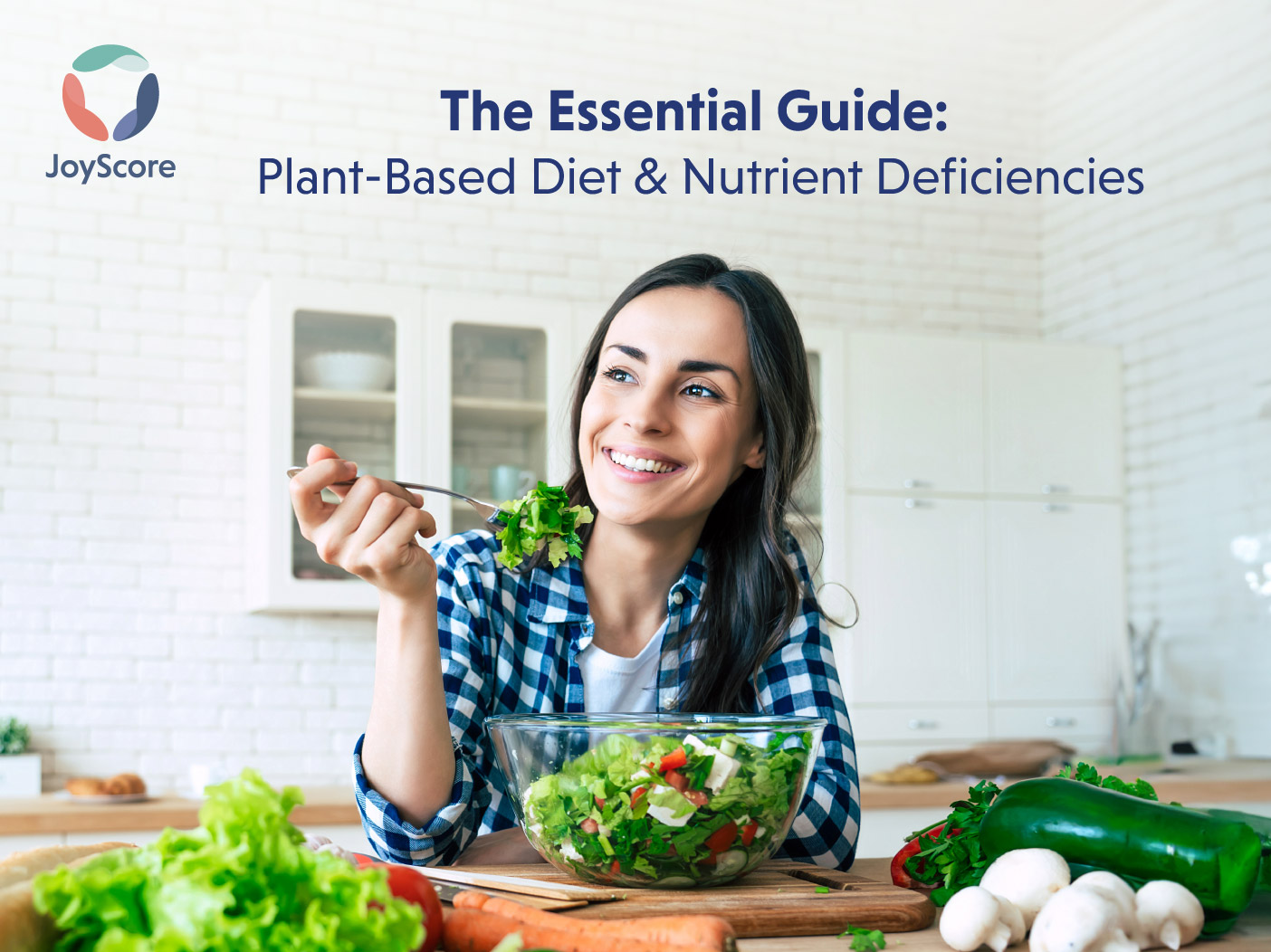The vegan diet is a plant-based diet that excludes animal-based foods but also avoids food that comes from animals, like dairy products and eggs. This type of diet comprises fruits, vegetables, soy, legumes, nuts and nut butter. While this is considered a healthy diet, the foods you eat on this meal plan often lack certain essential vitamins, minerals and fatty acids, notably found in meat. This will eventually lead to nutrient deficiencies that can lead to stunted growth, hair loss, or dementia.
Vegetables and fruits grown decades ago were much richer in vitamins and minerals than what we are getting today. This is due to the rising levels of CO2 in the atmosphere, as a result of the climate crisis and environmental damage. Apart from the decreased quality of fruits and vegetables we consume, the availability of processed foods is also posing serious health risks to our vegan population. You will find plenty of fast food joints selling a variety of vegetarian options but that are loaded with sugars and processed ingredients.
The upcoming points will highlight the health problems you go through when you are a vegan and what supplements you need to take for a balanced diet.
SUPPLEMENTS FOR A VEGAN
- VITAMIN D
Vitamin D is an essential fat soluble vitamin that helps you with many bodily processes like enhancing the immune function, mood, memory and tissue recovery. It also accelerates the absorption of calcium and phosphorus from your gut. However, vitamin D is not present in adequacy in plant-based diets naturally, so you need to give priority to fortified foods or supplements in order to meet the recommended daily allowance (RDA). The RDA of vitamin D for
- children and adults is 600 IU per day
- Elderly and pregnant or lactating mothers is 800 IU per day
The most natural way to get vitamin D for vegans is from sun exposure. Spend at least 15 minutes in the sun which will be really beneficial for you.The best way to find out the vitamin D levels in the body is to have blood levels tested.
- IRON
Iron is the base nutrient for the formation of new DNA and red blood cells. So, eating too little iron will possibly lead to anemia with symptoms of fatigue and compromised immunity. When it comes to the choice of foods, iron can be found in two forms: heme and non-heme. Heme is present in animal products, while non-heme is found in plant-based diets. In this, the non-heme form of iron is not well absorbed by the human body and so, you need 1.8 times more in diet than if you are taking animal-based foods. Vegans must aim at eating iron-rich foods on a daily basis, such as beans, peas, dried fruits, seeds and fortified foods like cereals, breads and plant milks. Iron-rich foods paired with sources of vitamin C will further boost iron absorption.
- VITAMIN B12
Vitamin B12 is important for some major bodily processes like protein metabolism and the formation of red blood cells. To prevent the risk of anemia and nervous system damage, often due to a lack of B12, one needs to have good levels of vitamin B12 in their blood. Foods rich in vitamin B12 are unwashed organic produce like mushrooms, nori, spirulina, chlorella and nutritional yeast, along with certain fortified foods including plant milk, soy products and cereals. Some plant foods also contain natural vitamin B12, but it is not very clear if this form is active in humans or not. The RDA for this vitamin is 2.4 mcg per day for adults and 2.8 mcg per day for lactating mothers. Vitamin B12 supplements are also recommended when people are over the age of 51 as the ability to absorb this vitamin decreases with age.
- OMEGA – 3S
Omega – 3 is not a single entity but is divided into two groups: essential omega-3s and long-chain omega-3s. Adequate dietary levels of omega-3s is essential in brain development and suppressing the risk of inflammation, breast cancers, depression and attention deficit hyperactivity disorder (ADHD). Most health professionals agree on taking 200-300mg of omega-3 per day. Algae oil is one of the ingredients that can help vegans ensure sufficient intake, along with other oils like corn, sunflower, safflower, and sesame.
- IODINE
Vegans have been shown to have 50% lower blood iodine levels than vegetarians. RDA for adults is 150 mcg of iodine per day and 220 mcg for pregnant women. Getting adequate iodine is good for a healthy thyroid and a good metabolism. The symptoms most experienced due to iodine deficiency are dry skin, tingling in hands and feet, memory deficit, depression and weight gain.
The only foods seen to have good iodine content are iodized
– salt
– seafood
– seaweed
– dairy products
The iodine also can depend on the iodine content of the soil they are grown in. Iodine inadequacy can be solved with the help of iodine supplements
- CALCIUM
The RDA of calcium has been set at 1000-1200 mg per day for adults. Vegans will need to catch up to these levels as most of the calcium one obtains is from animal based foods.
Calcium is a mineral most needed for healthy bones and teeth, along with good muscle functioning. Therefore, vegans consuming less than 525 mg of calcium have an increased risk of bone fractures.
Good plant sources for calcium, for vegans, are:
– bok choy
– kale
– mustard greens
– turnip
– broccoli
– chickpeas
– and fortified plant milk
– and juices.
CONCLUSION
A well-planned vegan diet can fulfil all your nutritional needs, if you are aware of all the possible deficiencies that come with being a vegan. However, you can always get assistance with fortified foods and supplements too. In extreme cases, you can also speak to a healthcare provider.
Download the JOYSCORE app for more satisfying health tips to live a balanced life.
Download on the Appstore
Get it on Google Play



